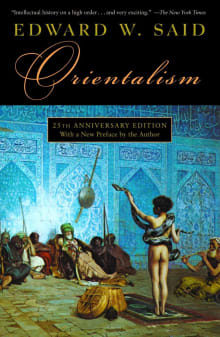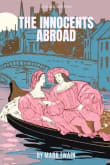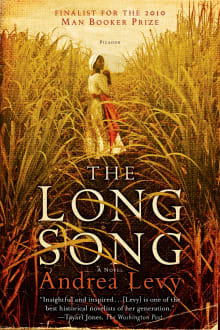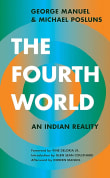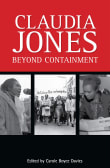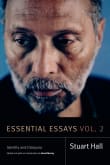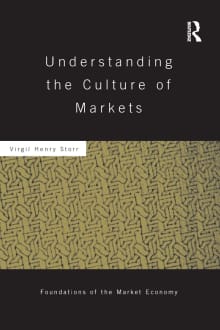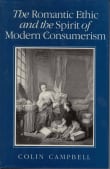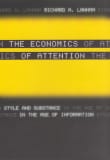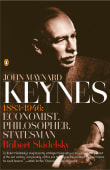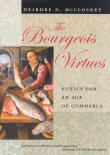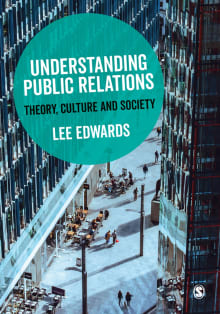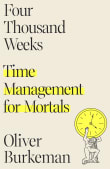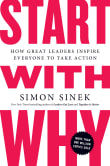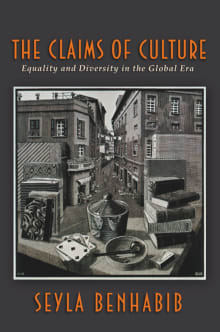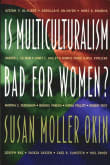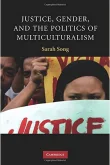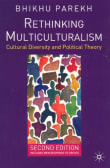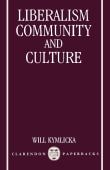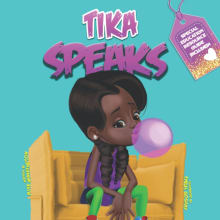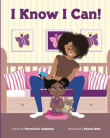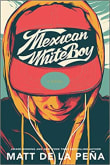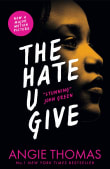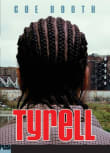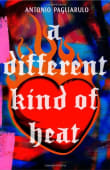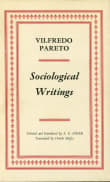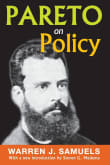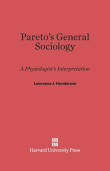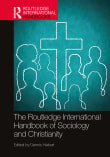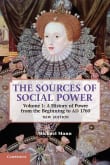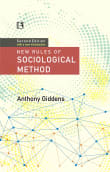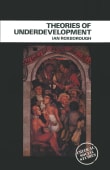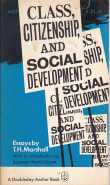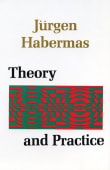
From my list on experience the Mediterranean like a 19th-century American.
Why am I passionate about this?
I am an early American historian who studies and teaches about America’s interaction with the world. I got interested in the Mediterranean when I started reading angry American screes against Barbary “pirates” who captured Americans and held them as “slaves” in North Africa. These events alerted me to a fascinating cast of American characters, many of them consuls on both shores of the Mediterranean who were involved in freeing the captives but also, I realized, were doing so much more to facilitate American commerce and shape national identity. They are the topic of my latest book!
Lawrence's book list on experience the Mediterranean like a 19th-century American

Why did Lawrence love this book?
Although I don’t always agree with Said, and he doesn’t really address the United States specifically, I find myself turning to his book again and again because he asks the crucial questions about western interaction with the Islamic portion of the Mediterranean region.
His questions can also be applied to Mark Twain’s interaction with Catholics on the European shores of the Mediterranean. Anyone discussing the Middle East seriously needs to be familiar with his approach.
7 authors picked Orientalism as one of their favorite books, and they share why you should read it.
The seminal work that has redefined our understanding of colonialism and empire, with a preface by the author
'Stimulating, elegant and pugnacious' Observer
'Magisterial' Terry Eagleton
In this highly-acclaimed work, Edward Said surveys the history and nature of Western attitudes towards the East, considering orientalism as a powerful European ideological creation - a way for writers, philosophers and colonial administrators to deal with the 'otherness' of eastern culture, customs and beliefs. He traces this view through the writings of Homer, Nerval and Flaubert, Disraeli and Kipling, whose imaginative depictions have greatly contributed to the West's romantic and exotic picture of…
